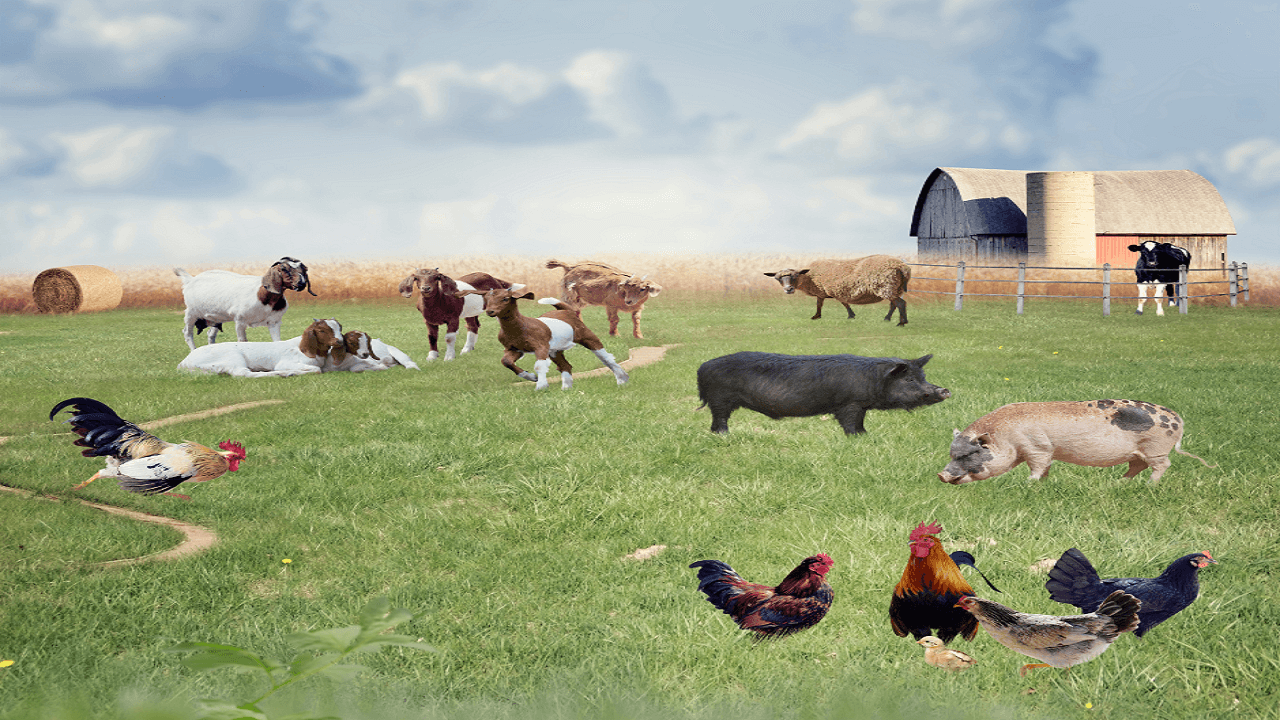
Farm Animal Sanitation and Biosecurity
July 11, 2023, 8:24 am
Sanitation is any measure or measures taken to improve and protect the health and wellbeing of farm animals and people who come in contact with the farm animals
Farm Animal Sanitation and Biosecurity
Poor sanitation affects the performance and sometimes death of farm animals as a result of disease outbreak. Some of the diseases caused by poor sanitation include: Escherichia coli, typhoid, hepatitis, cholera, polio, worm infestation, pneumonia etc.
Waste can be a rich medium for growth and proliferation of pathogenic organisms. Offensive odor can develop from waste water and can make the environment prone to accidents in terms of slippery surface.
Urine can produce a lot of ammonia. Accumulated ammonia can cause death of chicken especially in a deep litter system. It can also cause mortality in other animals. Adequate ventilation should be provided to remove ammonia. Leptospira and Salmonella can be spread by rodents, wild animals and other domesticated animals.
Biosecurity
Biosecurity is a combination of two words: bio—means life and security—means protection. Biosecurity in farm animals therefore means the safety of farm animals from transmission of infectious diseases, parasites and pests.
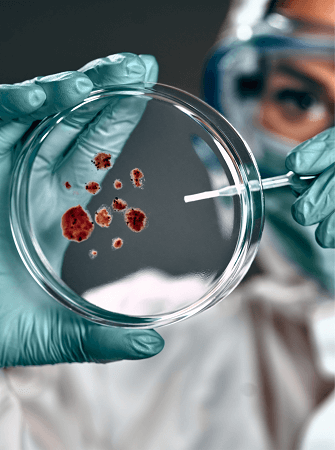
Some effective biosecurity measures practiced on livestock farms are:
Proper Buildings
Provision of suitable and appropriate farm buildings with good drainage and ventilation. Floors must be cleaned and disinfected from time to time
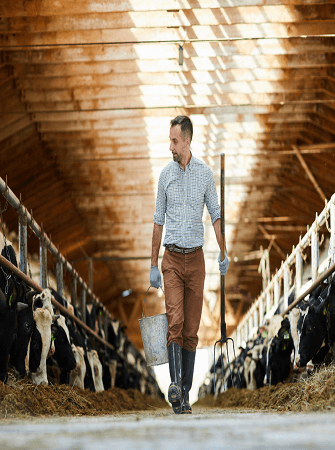
Disinfection of Feed and Water Troughs
Use the right disinfectants and apply properly e.g. the household bleach is useful for a wide range of germs but it does not kill all the microorganism. Droppings from poultry must be removed from deep litter on a monthly basis while that of battery cages should be removed fortnightly
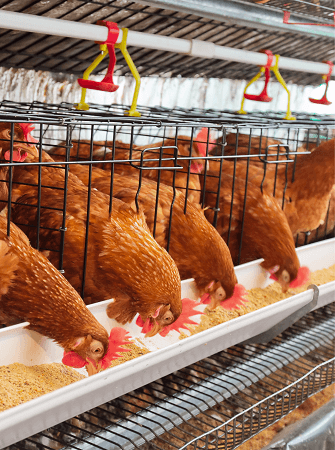
Removal of Excreta
For larger animals, excreta and soiled bedding should be removed daily and properly disposed and pens should be cleaned and sanitized daily, or at minimum every other week
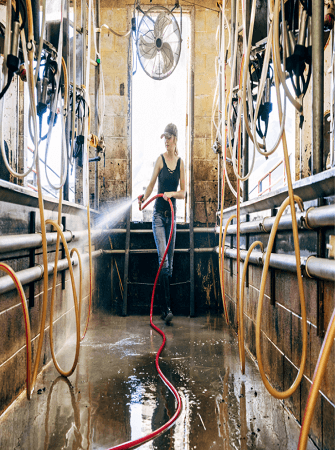
Quarantine New Animals to the Farm
Isolate new animals for about 2—4 weeks to ensure that they do not bring disease to the farm. Also, animals from the farm that have been taken for show or veterinary purposes should be observed for a while before transferring them to the flock/herd
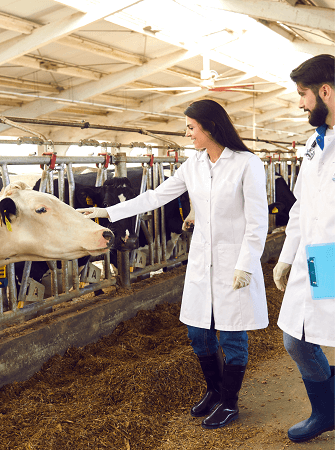
Controls Movement of Visitors
Limit areas to the farm guests should be kept to a limit. Those visiting should wear disposable overall, boots and open register for visitors and they may need to shower before visiting your farm.
Keep Away Visitors
By fencing the farm if possible. It may be necessary to put up a sing post of “NO TRESPASSING” on the farm. Ensure that everyone going into the farm passes through the foot baths and disinfect all vehicles entering the farm and disallow visitors to wander around the farm. Develop good protocol for receiving visitors on the farm.
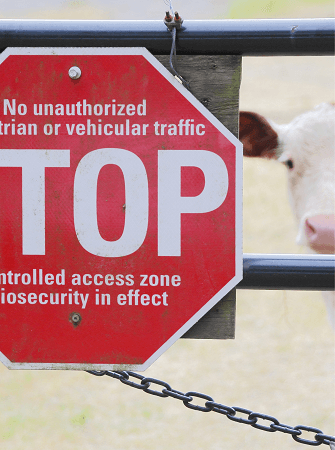
Save Samples of Feed and Record Dates of Supply
These will serve as reference in case of disease or poor performances
Limit Visit to Other Livestock Farms
Ensure that workers in your farm have no contact or minimal contact with workers from other farms
Stay Away from Animal Fight
Avoid cock fight, bull fight and dog fight competitions and from people who engage in such acts as they are potential sources of transmissible diseases
Control Movement of Animals
If flocks are moved out especially in poultry, allow for adequate time and sanitary exercises before moving new stock in
Proper Disposal of Dead Animal
Dispose dead animals properly by deep burying, burning or cremation
Keep Away Pets, Rodents and Vermin
Rodents, cats, wild birds, local chickens, dogs and other stray animals should not be allowed on farms as they may be potential sources of diseases.
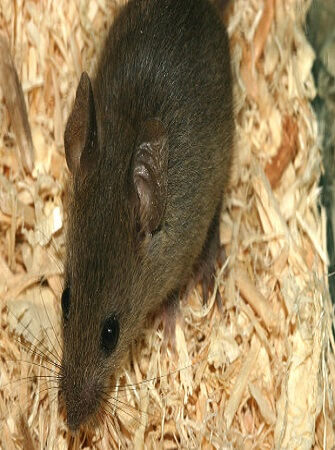
Isolation of Sick Animals
Sick animals should be isolated and put under observation in sick bays. Healthy animals should be fed first before the sick animals.
Training of Farm Workers
Attendance of training and workshops is important. Seek accurate and up-to-date information on modern ways of animal husbandry. Train workers to follow laid down sanitation rules
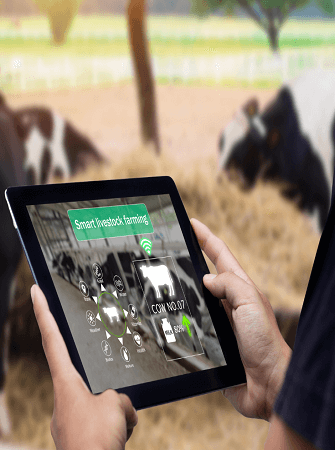
Observe Biosecurity Protocols
Each farm must practice appropriate biosecurity measures designed for farm animals kept on farms
Control of Insects
Flies, mosquitoes and ticks can transmit a wide variety of diseases when they are endemic within a production area
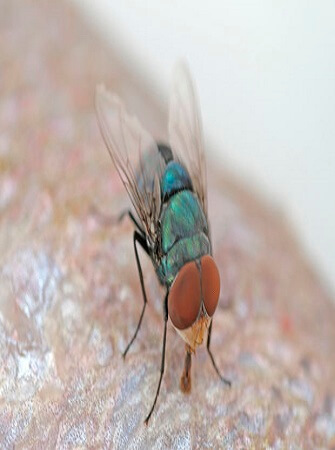
Control of Mites
Feed, workers’ clothing, farm implements and machines, vehicles and other farm inputs are capable of transferring diseases to farm animals and therefore should be disinfected regularly.
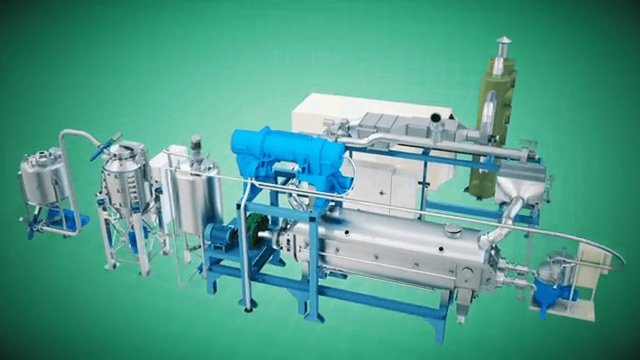
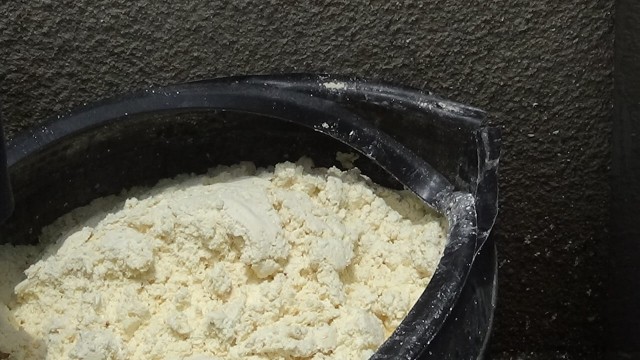
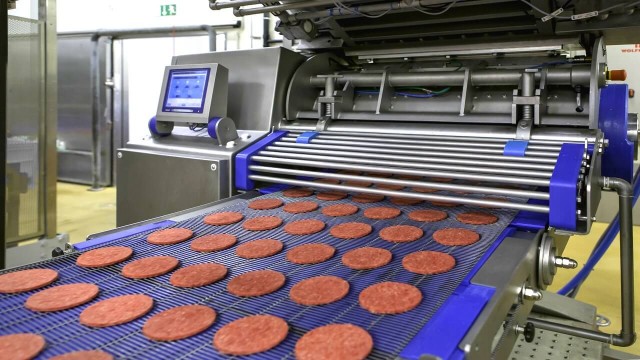
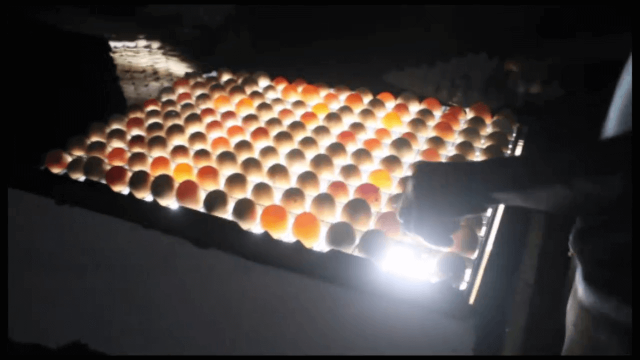

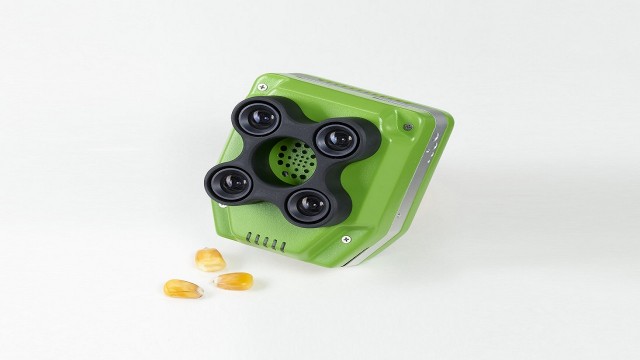


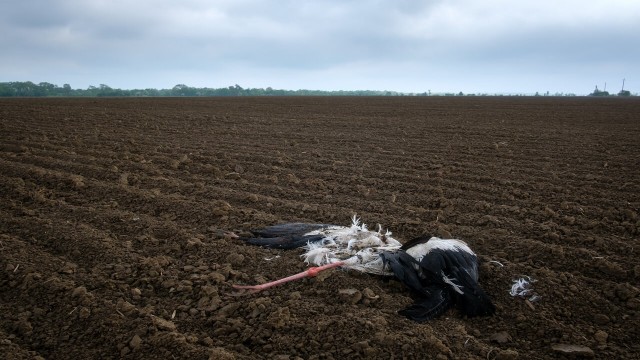

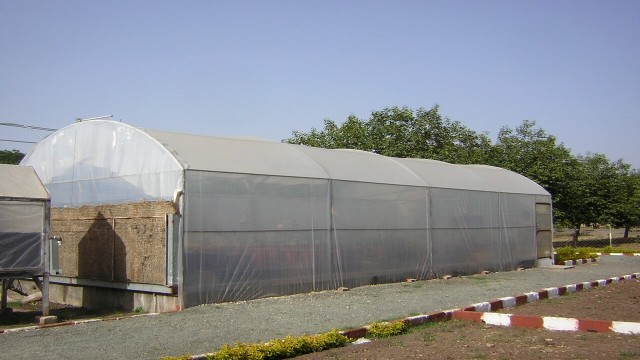

Share This Article: